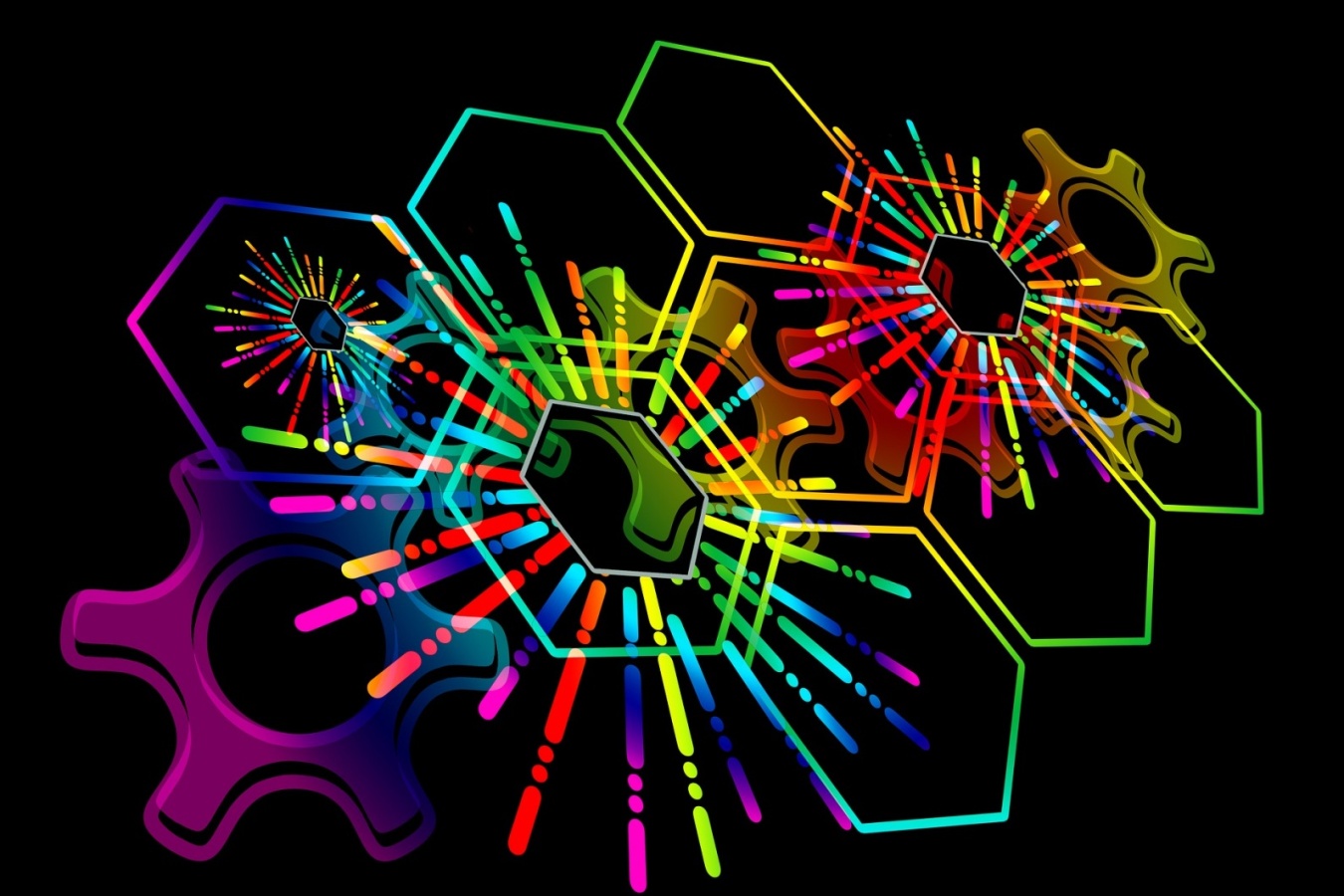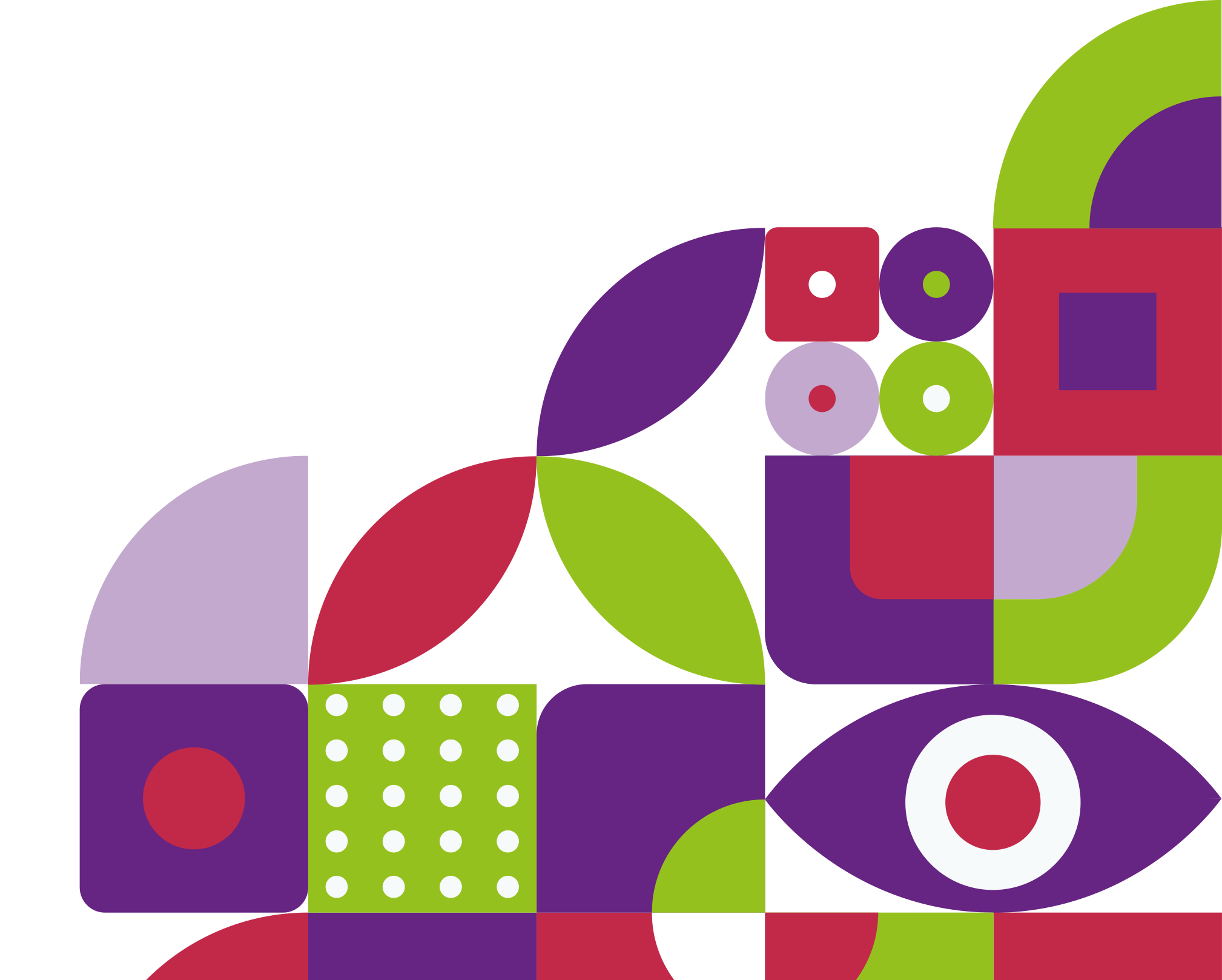19/11/2025
Everybody wants progress, nobody wants change

A few weeks ago, the Nobel Prize in Economics was awarded to Joel Mokyr, Philippe Aghion, and Peter Howitt for describing the conditions that make economic growth and prosperity possible — and for explaining the mechanism of creative destruction, essential to keeping development alive over time.
The recognition doesn’t celebrate a new idea — creative destruction was introduced by Joseph Schumpeter back in 1942 — but it underlines how relevant their work is today: without innovation, open markets, and creative destruction, there can be neither prosperity nor progress.
The real challenge is no longer understanding it (Aghion and Howitt published A Model of Growth through Creative Destruction in 1992), but managing it:
keeping pace with constant transformation, balancing jobs lost and created, and supporting people through the personal impact of innovation.
It’s not only a political issue — it’s a matter of capable, flexible, and human-centered management.
It’s time to bring innovation and creative destruction into change management itself — to help people adapt, develop new hard and soft skills, care for their wellbeing, and prepare for new roles and futures.
“Everybody wants progress, nobody wants change.”
And yet, that’s exactly where future growth begins.
Our challenge is to drive innovation-led growth — while constructively managing the conflicts it creates.
Organizational coaching, change management, and career coaching — combined with new approaches to active labor policies — can make a real difference.
Let’s talk about it.
The recognition doesn’t celebrate a new idea — creative destruction was introduced by Joseph Schumpeter back in 1942 — but it underlines how relevant their work is today: without innovation, open markets, and creative destruction, there can be neither prosperity nor progress.
The real challenge is no longer understanding it (Aghion and Howitt published A Model of Growth through Creative Destruction in 1992), but managing it:
keeping pace with constant transformation, balancing jobs lost and created, and supporting people through the personal impact of innovation.
It’s not only a political issue — it’s a matter of capable, flexible, and human-centered management.
This is where change management comes in.
Yet, with traditional tools and timelines, it often struggles to keep up and truly support people in change. The impact of innovation is deeply personal, not just statistical — and not everyone emerges as a winner.
Yet, with traditional tools and timelines, it often struggles to keep up and truly support people in change. The impact of innovation is deeply personal, not just statistical — and not everyone emerges as a winner.
It’s time to bring innovation and creative destruction into change management itself — to help people adapt, develop new hard and soft skills, care for their wellbeing, and prepare for new roles and futures.
As Paul Romer (Nobel 2018) said:
“Everybody wants progress, nobody wants change.”
And yet, that’s exactly where future growth begins.
Our challenge is to drive innovation-led growth — while constructively managing the conflicts it creates.
Organizational coaching, change management, and career coaching — combined with new approaches to active labor policies — can make a real difference.
Let’s talk about it.







 Coaching & Empowerment
Coaching & Empowerment  Mentoring & Consulting
Mentoring & Consulting  Innovation & Change
Innovation & Change  Sustainability & Wellbeing
Sustainability & Wellbeing 




